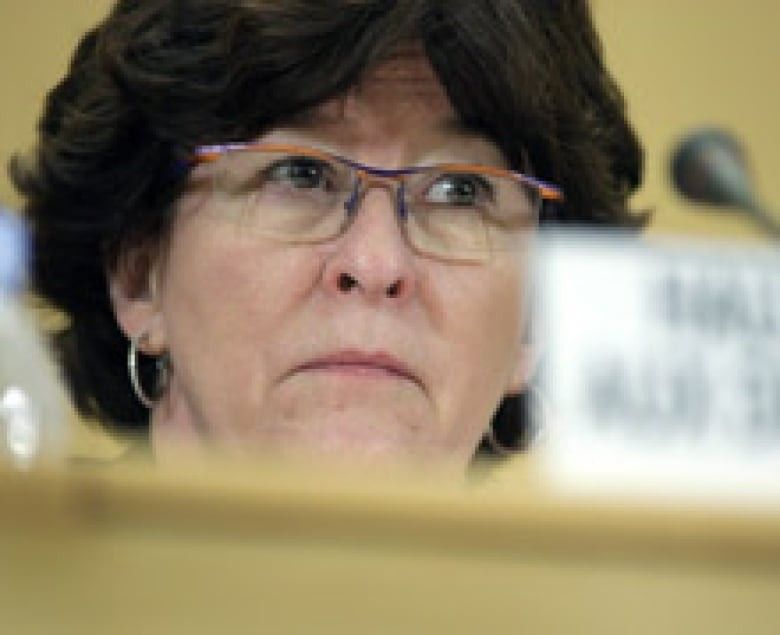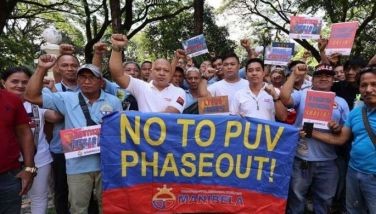‘World’s poorest harshly affected by anti-drug efforts’

MANILA, Philippines — The campaign for a drug-free world has failed and taken a harsh toll on millions of the world’s poorest people, according to the Global Commission on Drug Policy.
“The global policy on drug control is unrealistic,” Commissioners Louise Arbour and Mohamed ElBaradei, members of the commission, said in an article in The Guardian.
“Drug control efforts across the world are a threat to human dignity and the right to life,” they added.
Arbour is a former high commissioner for human rights of the United Nations. ElBaradei is director general emeritus of the International Atomic Energy Agency and Nobel peace prize laureate.
In the Philippines, they said thousands of people have been killed under the government’s brutal drug war since 2016.
UN High Commissioner for Human Rights Michelle Bachelet said President Duterte’s war on drugs should not be a model for any country.
Citing sources, the UN human rights chief said at least 27,000 people have been killed in the context of the campaign against illegal drugs.
Prosecutor Fatou Bensouda of the International Criminal Court (ICC) announced on Tuesday that the preliminary investigation on the extrajudicial killings in the Philippines would continue despite the country’s withdrawal from the ICC.
The ICC retains its jurisdiction over crimes committed while the country was still its member.
In 2017, more than 70,000 people died from drug overdose in the United States.
Among the reasons for these deaths are the lack of access to health and harm-reduction services as well as the fear of legal repression, which often dissuades people who use drugs from asking for help.
Millions of people across Africa have been unable to access opioids for pain relief because of decades of fear of these drugs being diverted to the illegal, recreational market, forcing people there to endure and often die in pain.
In Colombia, with the promise of better livelihoods, rural communities are braced for a return to crop eradication by aerial spraying with the chemical glyphosate.
According to the commissioners, these reflect some of the harmful consequences of drug control.
“What is happening in Colombia, Africa, Philippines and US tells us that something is very wrong with this global commitment on drug policy,” they said.
They pointed out that the problem lies with the founding aspiration of the international drug system to create a “drug-free society.”
“Aiming for a drug-free world means hoping to eradicate a near-universal human impulse. The result can only be, as we have seen in the past decades, a war whose costs can be counted in the loss of life and dignity of millions of people,” the commissioners said. “This war has demonstrably failed.”
The world, the commissioners said, deserves drug policies that are respectful of human rights and dignity, and more effective at reducing drug-related harm.
- Latest
- Trending





























